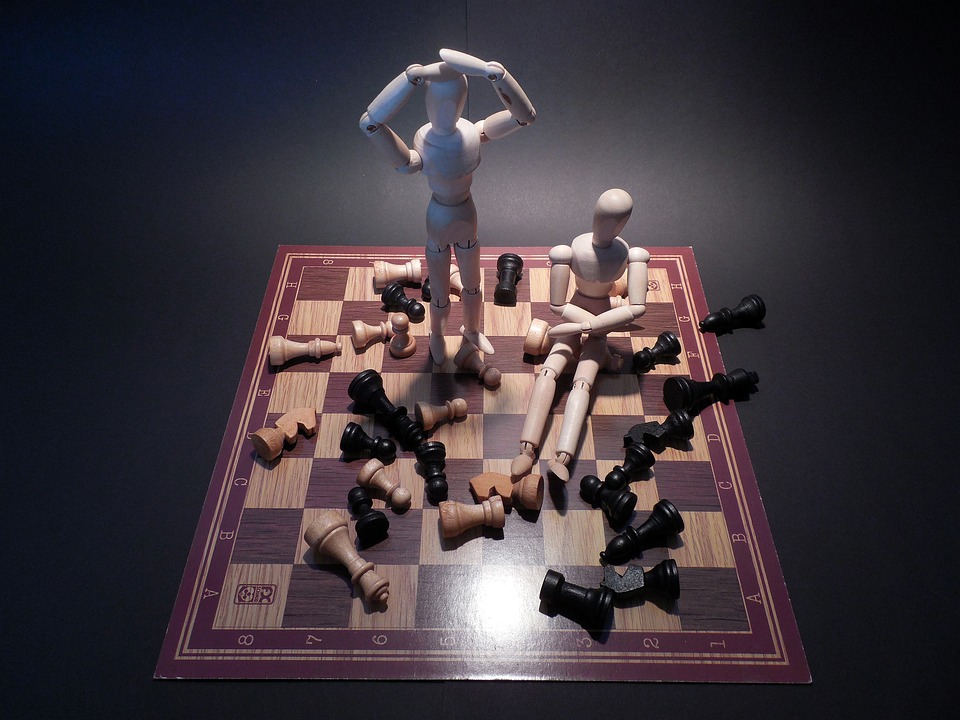
Introduction
The Troubles refer to the ethno-nationalist conflict in Northern Ireland that lasted from the late 1960s to the Good Friday Agreement in 1998. This period of turmoil, marked by political violence, sectarianism, and social unrest, has left a lasting impact on the people of Ireland and the United Kingdom. As with any significant historical event, The Troubles have been frequently explored and depicted in popular culture, particularly in literature and film. In this article, we will explore how authors and filmmakers have portrayed this troubled time, examining the themes, characters, and stories that have emerged from this complex period in Irish history.
Literature Depicting The Troubles
One of the most well-known novels to examine The Troubles is “The Troubles” by Brian Moore. Set in a fictional town in Northern Ireland during the height of the conflict, the novel follows the lives of various characters as they navigate the complexities of identity, loyalty, and violence. Moore’s portrayal of The Troubles is both intimate and haunting, capturing the fear and uncertainty that gripped the region during this turbulent time.
Another notable work is “Milkman” by Anna Burns, which won the Man Booker Prize in 2018. Set in an unnamed Northern Irish city during the 1970s, the novel follows an 18-year-old girl who becomes entangled in the dangerous world of paramilitary groups. Burns’ prose is both lyrical and poignant, offering a unique perspective on The Troubles and its impact on ordinary people.
Themes in Troubles Literature
Many works of literature that explore The Troubles often focus on themes of identity, trauma, and the impact of political violence on individuals and communities. Authors often grapple with questions of belonging and allegiance, as characters navigate their loyalties to family, community, and nation. The trauma of living in a war-torn society is also a prevalent theme, with characters struggling to cope with the constant threat of violence and loss.
Film Depicting The Troubles
In addition to literature, The Troubles have been a popular subject in film. One of the most well-known films to tackle this period is “Bloody Sunday” (2002), directed by Paul Greengrass. The film recounts the events of January 30, 1972, when British soldiers opened fire on a civil rights march in Derry, killing 13 unarmed civilians. “Bloody Sunday” is a gripping and harrowing depiction of the tragedy, capturing the chaos and violence of that fateful day.
Another notable film is “Hunger” (2008), directed by Steve McQueen. The film follows the story of Bobby Sands, a member of the Provisional Irish Republican Army who went on a hunger strike in prison in 1981. “Hunger” offers a stark and visceral portrayal of Sands’ ordeal, exploring themes of martyrdom, sacrifice, and political resistance.
Character Portrayals in Troubles Films
Many films that depict The Troubles feature complex and conflicted characters who are caught up in the larger forces of politics and violence. These characters often grapple with questions of morality, loyalty, and the cost of their actions. Filmmakers frequently explore the personal toll of living in a society torn apart by conflict, as characters struggle to make sense of their circumstances and choices.
Impact of Troubles Depictions in Popular Culture
The portrayal of The Troubles in literature and film has had a profound impact on how we understand this turbulent period in Irish history. Through the power of storytelling, authors and filmmakers have brought the complexities and tragedies of The Troubles to a wider audience, shedding light on the human cost of political violence and sectarianism.
By exploring themes of identity, trauma, and resilience, these works of art offer a nuanced and empathetic perspective on The Troubles, encouraging viewers and readers to reflect on the lasting impact of this troubled time. As we continue to grapple with the legacy of The Troubles, literature and film serve as important tools for remembrance and understanding, keeping alive the stories of those who lived through this tumultuous period.
In conclusion, The Troubles have left an indelible mark on Irish history and culture, shaping the lives of generations of people in Ireland and the United Kingdom. Through literature and film, authors and filmmakers have sought to capture the complexities and tragedies of this troubled time, offering insight into the human experience of living through political violence and sectarianism. As we look back on this period, it is important to engage with these works of art that seek to make sense of The Troubles and honor the lives of those who were affected by this tumultuous chapter in history.
Leave a Comment